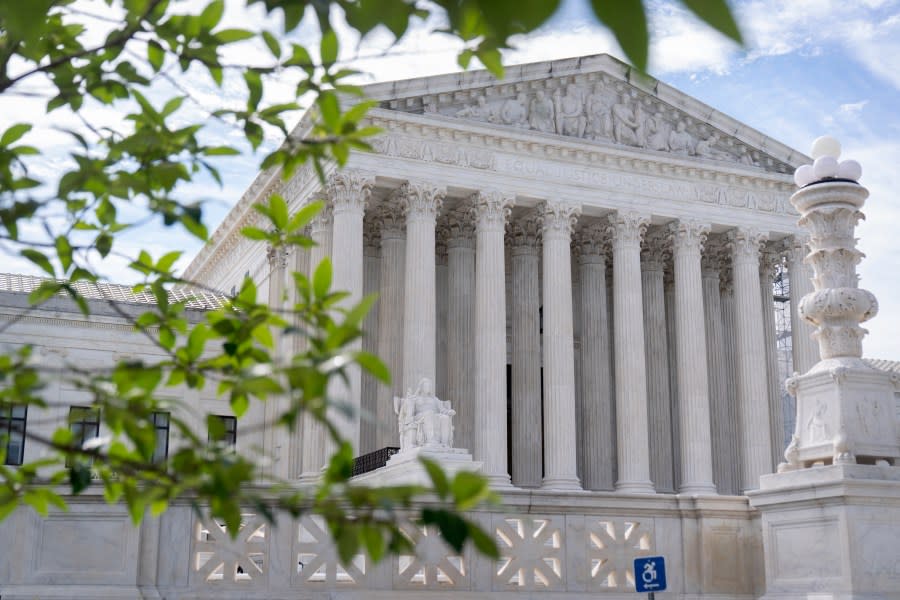Arkansas legal expert explains impact of Supreme Court ruling in Chevron case

LITTLE ROCK, Ark. – A Friday ruling could affect almost every aspect of peoples’ lives, from the food they eat and the cars they drive to the air we breathe and the homes they live in.
In a 6-3 ruling, the United States Supreme Court overturned a landmark decision, Chevron v. Natural Resources, opening the federal regulations many live by every day to the possibility of being changed or challenged.
Chevron takeaways: Supreme Court ruling removes frequently used tool from federal regulators
For Arkansans, the decision may change the regulations they hunt under and regulations on farms and agriculture.
For the retirement community in Arkansas, this could impact Medicaid and Medicare regulations as well.
John DiPippa, Dean Emeritus and distinguished professor of law at the William Bowen School of Law, explained how far of an impact the ruling could have.
“Pretty much everything you touch all day long will have some connection to a federal regulation,” DiPippa said.
Supreme Court takes sledgehammer to federal agency power in Chevron case
The ruling for the past 40 years has been there are experts at different regulatory agencies who might be better suited to make certain decisions on regulations, rather than courts.
However, that’s all being overturned, with the judge having the final say on how a law is interpreted.
“In some way, it opens up all these regulations to challenge and undermines the ability and the efficiency, of the court, or the government to regulate, all these areas of health, safety, agriculture, etc,” DiPippa said.
He said the ruling impacts even current legislation.
“The Clean Air and the Clean Water Act were decided in the early 70s,” DiPippa said. “That was way before, for example, the science of carbon dioxide, and carbon dioxide creating global warming, so now the question is can the Environmental Protection Agency regulate the emission of carbon dioxide because that’s fouling in the air or that’s a threat to health and safety.”
What it means for the Supreme Court to throw out Chevron decision, undercutting federal regulators
The court’s ruling makes decisions like this more difficult for the EPA, requiring Congress to update the law, not the agency to interpret how to apply the law through regulations.
This could lead Congress to be more precise when writing legislation, which DiPippa said is good news.
“The bad news is, the more precise you are, the easier it is to say, ‘You didn’t say this. You said X, Y, Z, but you didn’t say something else, so that’s not covered,’” DiPippa said.
As for how this impacts the future, DiPippa believes there could be hundreds if not thousands of legal challenges ahead.
“Now it’s can you convince a judge that your interpretation of the law is better than the agency one,” DiPippa said.
Here are the cases left to be decided by the Supreme Court
The Supreme Court argues that allowing federal agencies to interpret laws gives too much power to the executive branch, a reason as to why the Chevron case was overturned.
This also could lead to different opinions between courts if each individual judge has the final say.
Copyright 2024 Nexstar Media, Inc. All rights reserved. This material may not be published, broadcast, rewritten, or redistributed.
For the latest news, weather, sports, and streaming video, head to KARK.

